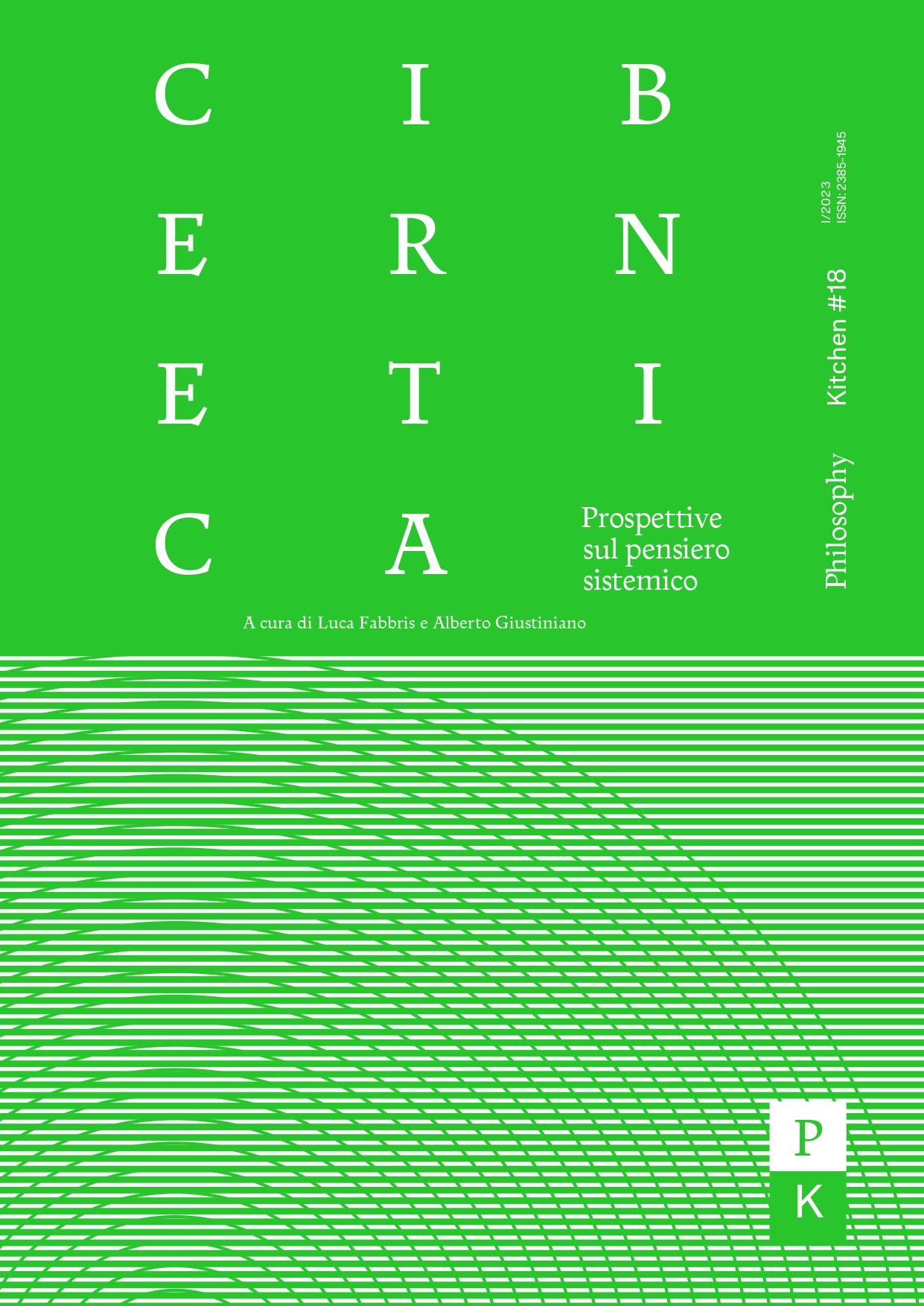The Different Levels of Information and Communication in The Living World and The Construction of Meaning
DOI:
https://doi.org/10.13135/2385-1945/7835Abstract
In this article we criticize the way in which the concept of information is used in the biological sciences. First, we start by giving a revised and larger definition of genetic information, by underlining the fact that the linear sequence map of the human genome is an incomplete description of our genetic information. This is because information on genome function and gene regulation is also encoded in the way DNA molecule is folded up with proteins to form chromatin structures. Secondly, we point forward the need of constructing a theory in which the informational language (code, program, computation) so characteristic of molecular biology be completed by (and somehow translated into) the language of dynamical systems (phase space, bifurcations, trajectories) and the language of topology (deformations, plasticity, forms). Our traditional modes of system representation, involving fixed sets of sequential states together with imposed mechanical laws, strictly pertain to an extremely limited class of systems that can be called simple (static) systems or mechanisms. Biological systems are not in this class, and they must be called complex or dynamic. Complex systems can only be in some sense approximated, locally and temporally, by simple ones. Such a fundamental change of viewpoint leads to a number of theoretical and experimental consequences.





